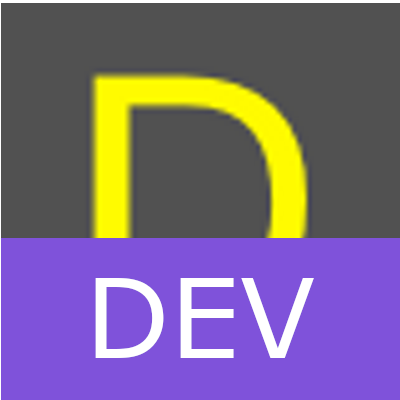Custom scripting gives experienced developers even more power by allowing you to run your own javascript.
By Tiers
Free and Pro-tier developers only have access to in-play scripting. Enterprise customers can run javascript anywhere in their game, including sets, community pages, landing pages, etc.
Getting started with JavaScript
The simplest way to try custom scripting is through the custom javascript action in the effect builder.
All javascript is executed in the context of that action. Custom javascript action can be executed either client side or server side. Server side execution effects the logic of the game while client-side execution effects the rendering and visuals on the client. Even if your game doesn't have a server, the logic of the game is still server-side with a local server.
Examples of custom javascript commands on the server:
console.log(thisCard)
thisCard.variable = {
"foo": "bar"
}
console.log(parseVariable('$variable'))
console.log(dotSyntax('$variable.variable2'))Included third party libraries
Server side libraries:
- Async
- Lodash
Client side Libraries:
- Async
- Lodash
- jQuery
- three.js
- hammer.js
Server side API
Global Variables
thisMatch
cardsList
Array of all card objects in this game, equivalent to thisMatch.cardsList
Local Variables
thisCard
effectIndex
effects
This line's effects. Equivalent to thisCard.effects[effectIndex]
playerNumber
This card's playerNumber. Equivalent to thisCard.playerNumber
Helper Functions
clientUpdateCard(thisMatch, ciid)
ciid parameter
A number that is a ciid.
otherPlayer(playerNumber)
In games with 2 players, get the playerNumber of the other player. Returns either string "player1" or "player2"
getIndexFromEffectName(effectName, context)
Returns index as number.
effectName parameter
A string that is the name of the effect. Typically saved by assign variable. Should be in either _effectTriggers or _effectNames.
context parameter
Optional. Context object, default thisCard.
runEffectFromAnotherAction(effect, callback)
effect parameter
A string that evaluates to an effectIndex or an array of effectIndexes.
callback parameter
Optional.
runEffect(thisMatch, options, callback)
thisMatch parameter
Specify the match. Should always be "thisMatch".
options parameter
| key | description | type |
|---|---|---|
| ciid | The ciid of the card you're executing. | int |
| effectIndex | The index of the effect you're executing on the target card. | int |
callback parameter
Optional.
setStat(thisMatch, newValue, playerProperty, localPlayerNumber)
effectAfterAction()
Proceed to the effect completion.
assignTargetVariable(target, key)
target parameter This assigns the target to the line like the assign variable action. The target may be any number, string, object, function or array of ciids.
key parameter
Optional. Create an additional property on thisCard in the form of effect-${effects.effectName}Key.
safeEvalInput(string)
Checks to see if there's math that can be done. If there is, do the math and return a number. Otherwise return the string.
dotSyntax(string)
Like parseVariable but works with dot syntax.
stringVariableReplacement(string)
With a string, replace any variables within. Uses dotSyntax. Example:
stringVariableReplacement("This card is called $title. It has an attack power of $atk and a health of $health.")effectSelectCard(callback)
callback parameter
function (selectedCards)
selectedCards may a string error message, fail cancel, failed, or an array of ciids.
dulstError(errorMessage)
Prints a dulst error in the logs. Does not stop the game.
errorMessage parameter
String explaining the error.
thisMatch.getRandom()
Dulst safe random generator. Never use your own random.
Returns float like Math.random()
thisMatch.shuffle(collection)
Dulst safe random shuffler. Never use your own random shuffler.
Returns shuffled collection.
collection parameter
Array to shuffle.
thisMatch.sample(collection, n)
Dulst safe random sampling. Never use your own random sample.
Returns array.
collection parameter
Array of possible choices.
n parameter
Number of elements to return.
